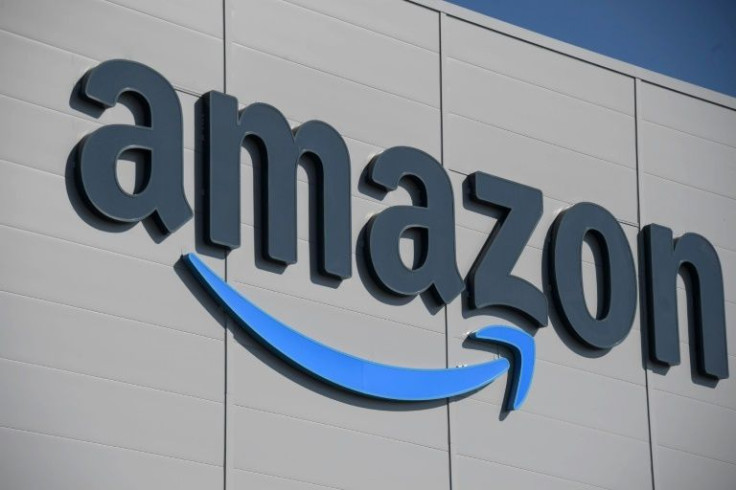When It Comes To China, US Tech Majors Play By Communist Party Rulebook

The tech sector, the best US export and crown jewel in the Brand USA, ceases to be a force for good while doing business in China.
US tech firms police their own platforms, delete posts and make sensitive keywords unsearchable to comply with draconian Chinese laws that tell US tech what to do and especially what not to do.
Known as the 'Great Chinese Firewall'; the US tech giants have shown willingness to scrub ratings, content, and keywords that are deemed politically sensitive or inappropriate by the Chinese leadership.
As China remains a hugely important market for US tech firms, they follow Chinese regulations and directions to ensure compliance as the world's largest e-commerce firm Amazon has been doing since 2018.
It was found that the Seattle-based Amazon's compliance with the Chinese edicts formed part of a deeper effort by the firm to be in the good books of Beijing, one of the world's largest marketplaces.
While marketing a collection of Chinese President Xi Jinping's speeches and writings on its Chinese portal two years ago, the US e-commerce major stopped customer ratings and reviews following an order from Beijing.
According to company insiders, the issue was anything "under five stars," -- the highest rating in the company ranking system.
Currently, the company's Chinese site, Amazon.cn, lists no customer reviews or any ratings and the comments section is disabled on the government-published book.
In a company document in 2018 Amazon described its Chinese business faces some"core issues" like "ideological control and propaganda.
Amazon thrived in China by helping to further the ruling Communist Party's political agenda. As part of this, the company's internal document showed that Amazon partnered with an arm of Chinese propaganda apparatus to create a selling portal on the company's US site, Amazon.com - a project that came to be known as China Books.
Amazon, however, justified its actions in China, and said it "complies with all applicable laws and regulations, wherever we operate, and China is no exception."
Amazon's compromises with Beijing are in contrast with the efforts to get around with regulators in the world's two largest democracies. India, Amazon circumvented local regulations to promote its own brands and in the US it lobbied hard against bills to protect consumers.
Not able to withstand the sweeping Chinese laws, a few US tech firms like Yahoo and Microsoft Corp's LinkedIn have already pulled out some of their services in China.
Apple, another US tech giant, however, has a different set of reasons to continue its strong presence in China, far more so than any other US tech company.
In the last quarter, Apple made nearly $15 billion in revenue from its China and Taiwan operations and its global supply chain also depends on Chinese manufacturing.
Apple's iPhone has become the top-selling smartphone in China, its second-largest market after the U.S. It is reported that success is attributed to the $275 billion secret pact inked by CEO Tim Cook with China in 2016, promising Apple would do its part to develop in exchange for relaxing pressure on its business.
And to be in China, US tech majors know it has to play by the communist party's rules - even if that means censorship and propaganda.
























